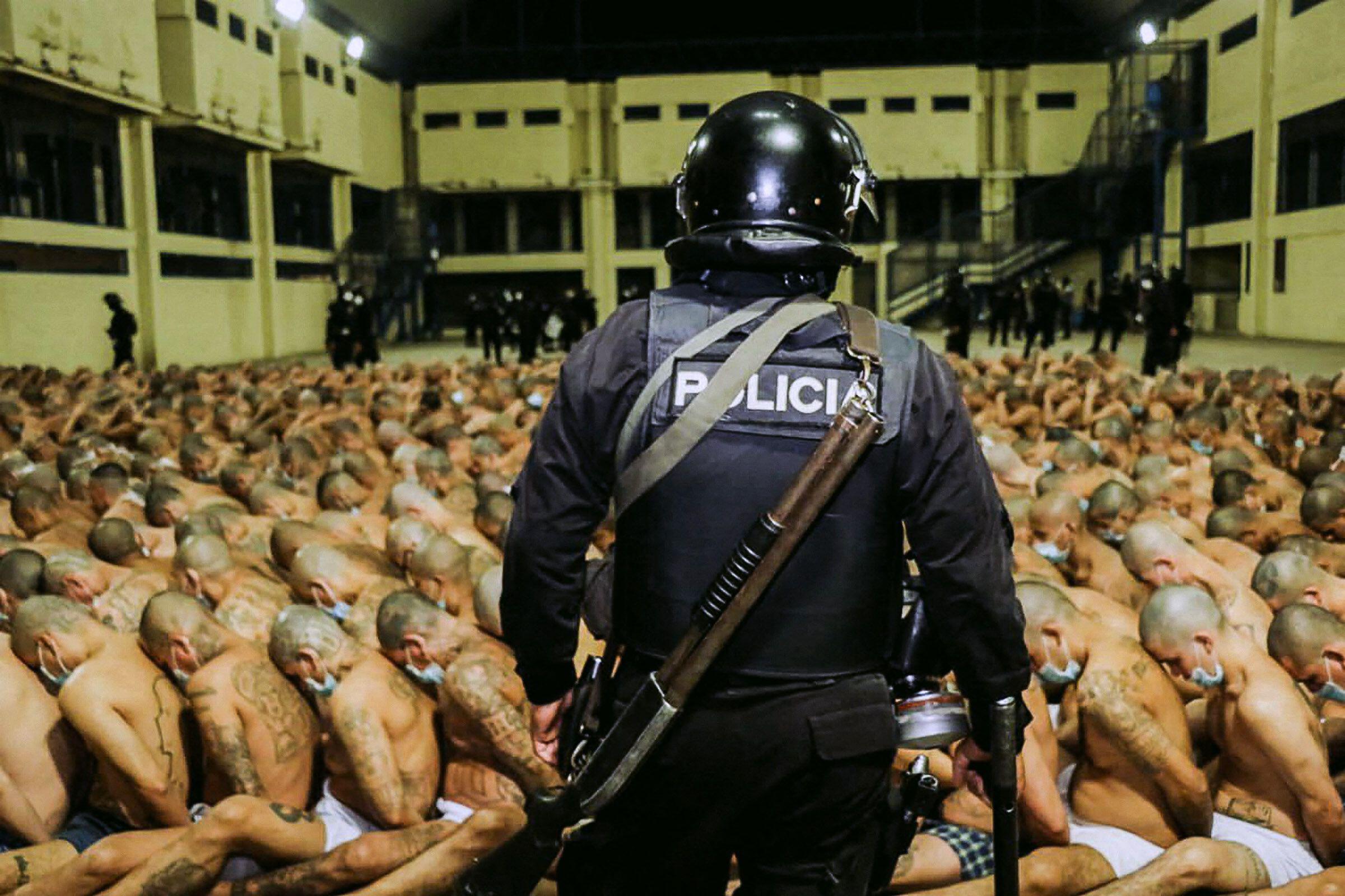A youth revolution has been brewing in Mexico in the last month.
Known as the Yo Soy 132 movement (I am 132), the phenomenon is made up of university students who until a few months ago were a sleeping giant: most planned to vote in blank, or to stay away from the ballot boxes on 1 July elections.
It all changed on 11 May — the day candidate Enrique Peña Nieto of the Partido Revolucionario Institucional (PRI), and the favourite to win in July, visited the campus of Universidad Iberoamericana, an upper-class university in Mexico City. At that rally Peña Nieto answered questions and spoke to students allowed to enter a meeting hall. But at he exited at the end of his presentation, he was pinned against a wall by a large group of student protesters who challenged him.
The candidate’s handlers were so rattled they issued a statement saying the students were “brought in” as professional protesters hired by forces that dislike the PRI. Enraged by the remarks, the students created a video titled “YoSoy131”, which launched the political movement. In it each of the 131 individual students who had taken part in the protest identified themselves with their university cards, proving they existed and were not fake. Since then, 74 universities around the country including private and public campuses have joined the movement, which has remained non-partisan, although it has allowed other more politicised citizen movements to join their group. The name change to Yo Soy 132 reflects the addition of the later activists.
The youth movement has injected doubts into the certainty the PRI will win the presidential elections next July. Recent polls showed the two other contenders closing in on the PRI candidate.
Since 2000, Mexico has been governed by a centre rightist party, the Partido de Accion Nacional. In 2006, Felipe Calderon took office under heavy dissent, as he beat left of centre candidate Andres Manuel Lopez Obrador with a single digit percentage. Obrador and his party refused to accept defeat, holding work stoppages that threaten the country’s stability. Eventually, Obrador went quiet but continued to call himself the legitimate president.
The drug war launched by President Calderon since he took office in 2006 and bad economic times have depleted any support for PAN, sinking the possibility that they could return to power.
The PRI ruled Mexico for 70 years in a one-party system that was wrought with corruption and cronyism. The youth movement has energised an otherwise stilted political process. Nobody know what will happen, but the youth have responded.





